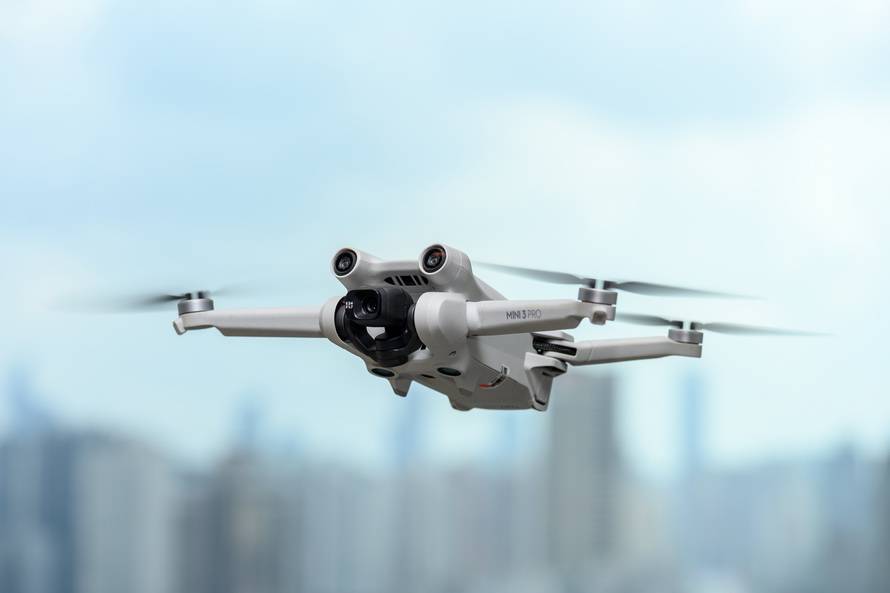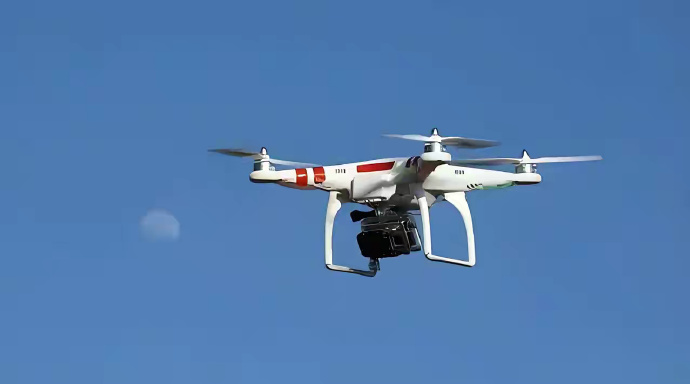Learning how to get a drone license is an essential step for any aspiring drone pilot. Whether you’re getting into drone photography, surveying, or simply enjoying the art of flying, you need to ensure that you are operating within legal boundaries. This guide aims to take you through the process step-by-step, making it easy to understand and follow.
Understanding the Drone License Requirements
Before jumping into the application process, it’s crucial to understand the prerequisites. If you’re operating a drone for commercial purposes, you need to be at least 16 years old and must pass the FAA aeronautical knowledge test. Register your drone with the FAA if it weighs more than 0.55 pounds, and ensure that you maintain the registration, which requires renewal every three years. Click here for detailed requirements.

Preparing for the Aeronautical Knowledge Test
Packing robust material and attending workshops or tutorial sessions can enhance your understanding of the aeronautical test syllabus. Consult the official FAA guide for key topics that include airspace classification, weather effects, and drone maintenance. Consider engaging in online forums to share your studies and exchange insights with experienced drone pilots.
Utilizing practice tests can significantly bolster your readiness. Several online platforms offer comprehensive mock exams that simulate real test conditions.
Scheduling and Taking Your Test
The FAA provides the flexibility to schedule your test at any approved knowledge testing center. Enter your preferred test date and location. Arrive with a government-issued ID and the test fee. The examination consists of 60 multiple-choice questions, spanning approximately two hours. Prioritize questions by difficulty, tackling easier ones first to allocate time wisely.
Receiving Your Drone License
Once you pass the test, apply for your remote pilot certificate via the FAA’s Integrated Airman Certification and Rating Application system (IACRA). A TSA background check will be initiated as part of the process. After successful completion, you’ll receive your temporary drone license via email, followed by the official card within a few weeks. Verify the accuracy of your personal details to prevent any delays.
Drone Operating Rules to Follow
Acquiring a drone license involves more than just passing a test. Pilots are obligated to adhere to stipulated regulations, including maintaining visual contact with the drone, not exceeding altitudes of 400 feet, avoiding restricted areas, and flying only during daylight unless specially exempted. Adherence to these rules is not optional, but mandatory for safety.
FAQs
How often do I have to renew my drone license?

Drone licenses, or remote pilot certificates, do not technically expire, but pilots should complete a recurrent training course every 24 months to stay updated on new regulations.
Can I use my drone for recreational purposes with a commercial license?
Yes, the commercial license permits recreational flight; however, recreational pilots must abide by hobby-specific laws which differ from commercial guidelines.
Are there penalties for flying without a drone license?
Operating a drone without a license when required can result in hefty fines and potential legal actions.
